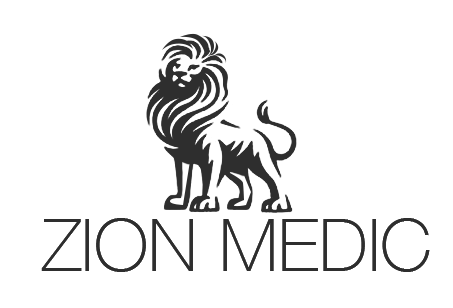Introduction
Arrhythmia, a condition characterized by irregular heartbeats, can significantly impact a person’s quality of life and increase the risk of severe health complications. At ZionMedic, we are committed to providing cutting-edge treatments and comprehensive information about arrhythmia surgery. This article will delve into the various surgical options available for treating arrhythmia, helping patients make informed decisions about their health.
What is Arrhythmia?
Arrhythmia refers to any irregularity in the heart’s rhythm, which can be too fast, too slow, or erratic. Common types of arrhythmia include:
- Atrial Fibrillation (AFib): Rapid and irregular beating of the atria.
- Bradycardia: Abnormally slow heart rate.
- Tachycardia: Abnormally fast heart rate.
- Ventricular Fibrillation: Erratic electrical impulses in the ventricles, leading to rapid and irregular heartbeats.
Why is Arrhythmia Surgery Necessary?
While many arrhythmias can be managed with medication or non-surgical procedures, surgery becomes necessary when these treatments are ineffective or if the arrhythmia poses a significant risk to the patient’s health. Indications for arrhythmia surgery include:
- Persistent arrhythmias that do not respond to medication
- High risk of stroke due to atrial fibrillation
- Severe symptoms such as dizziness, shortness of breath, or chest pain
- Risk of sudden cardiac arrest due to ventricular arrhythmia
Types of Arrhythmia Surgery
1.Catheter Ablation:
Procedure: This minimally invasive procedure involves threading a catheter through the blood vessels to the heart. Radiofrequency energy or cryotherapy is used to destroy the areas of the heart tissue causing abnormal electrical signals.
Benefits: High success rate, minimal recovery time, and reduced symptoms.
2.Maze Procedure:
Procedure: Surgeons create a series of precise incisions in the atria to form scar tissue. This scar tissue disrupts the abnormal electrical pathways, restoring normal heart rhythm.
Benefits: Effective for treating atrial fibrillation, can be performed during other heart surgeries.
3.Pacemaker Implantation:
Procedure: A small device called a pacemaker is implanted under the skin near the heart. It sends electrical impulses to regulate the heartbeat.
Benefits: Effective for bradycardia and heart block, provides continuous heart rhythm monitoring.
4.Implantable Cardioverter-Defibrillator (ICD):
Procedure: An ICD is implanted in the chest to monitor heart rhythms. It delivers shocks to correct life-threatening arrhythmias.
Benefits: Reduces the risk of sudden cardiac arrest, continuously monitors heart activity.
5.Left Atrial Appendage (LAA) Closure:
Procedure: This procedure involves closing off the left atrial appendage to reduce the risk of stroke in patients with atrial fibrillation.
Benefits: Reduces the need for long-term blood thinners, lowers stroke risk.
Recovery and Postoperative Care
Recovery from arrhythmia surgery varies depending on the type of procedure performed. Key aspects of recovery include:
- Hospital Stay: Most patients spend a few days in the hospital for monitoring.
- Pain Management: Medications are prescribed to manage postoperative pain.
- Gradual Activity Resumption: Patients are advised to gradually increase physical activity under medical supervision.
- Lifestyle Modifications: Adopting a heart-healthy lifestyle, including a balanced diet, regular exercise, and avoiding smoking, is crucial for long-term success.
- Follow-Up Care: Regular check-ups with a cardiologist to monitor recovery and adjust treatment plans as needed.
Benefits of Arrhythmia Surgery
Arrhythmia surgery offers several significant benefits:
- Restored Normal Heart Rhythm: Patients experience a significant reduction or elimination of arrhythmia symptoms.
- Improved Quality of Life: Enhanced energy levels, reduced fatigue, and improved overall well-being.
- Reduced Risk of Stroke: Particularly in patients with atrial fibrillation, surgical interventions can lower stroke risk.
- Increased Longevity: Effective management of arrhythmias can lead to a longer, healthier life.
Conclusion
At ZionMedic, we understand the importance of providing accurate and detailed information about arrhythmia surgery. Our goal is to help patients make informed decisions about their health and treatment options. If you or a loved one is facing arrhythmia, consult with our experienced medical professionals to discuss whether arrhythmia surgery is the right choice. Trust ZionMedic for compassionate care and expert guidance through every step of your heart health journey.


